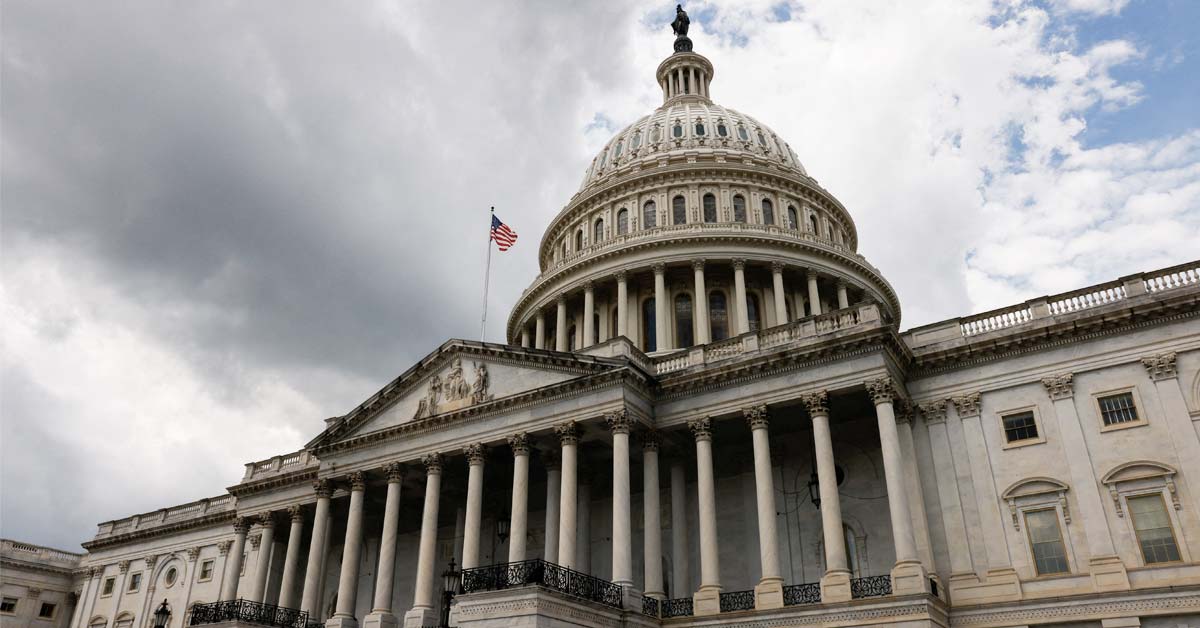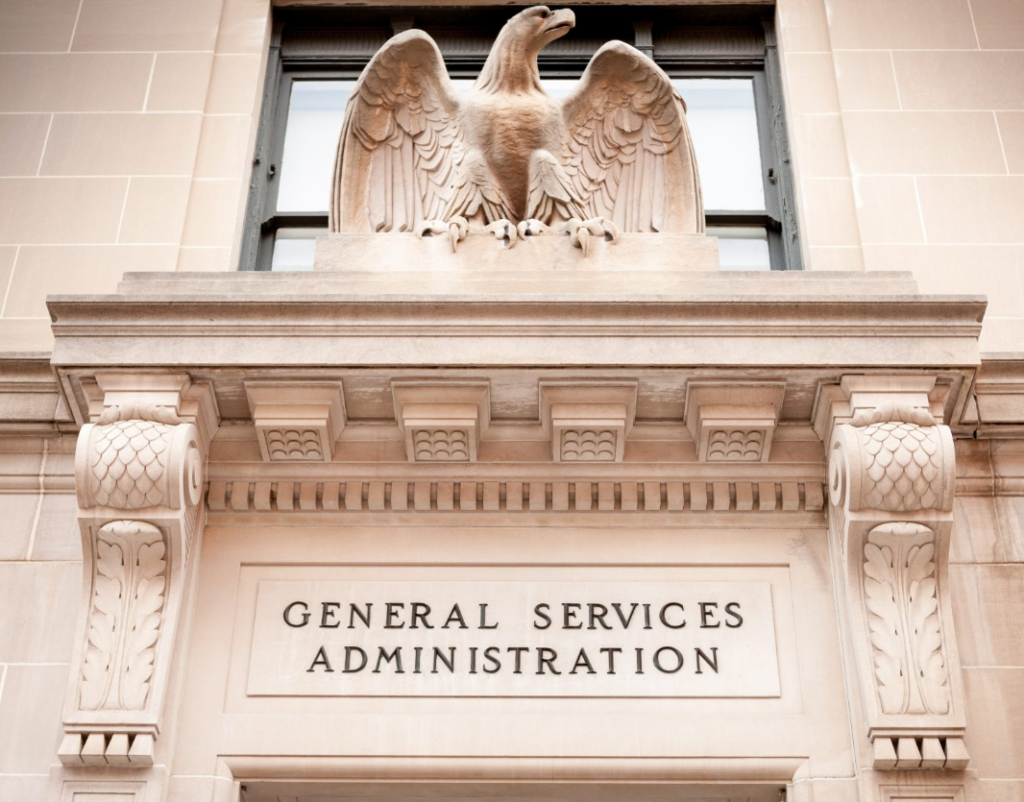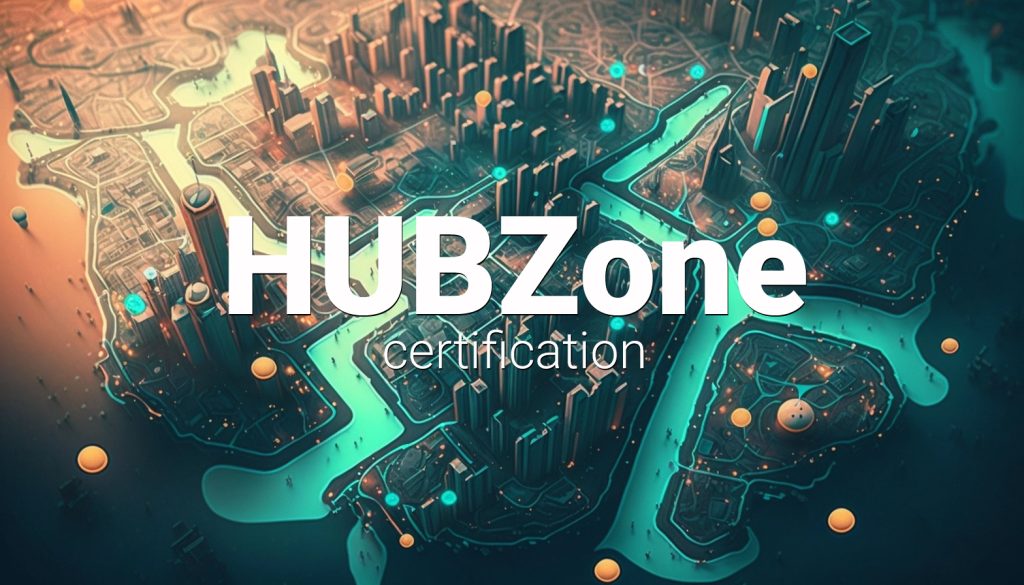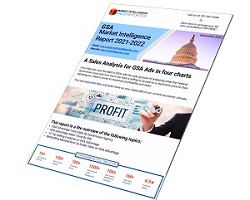Getting a GSA contract can help businesses grow, but dealing with the government means we must be certain our products follow the rules. Compliance is crucial for getting government contracts. It means our products need to come from the USA or a country approved by the Trade Agreements Act (TAA).
- Understanding TAA Compliance
- Strategies for Effective TAA Compliance:
- Benefits and Consequences of TAA Compliance
- Navigating TAA Compliance Challenges
- Case Studies of Successful TAA Compliance
- Preparing Your Business for TAA Compliance in the Coming Year
TAA meaning is essential for businesses aiming for government contracts and ensures that they follow the right steps to be eligible. A product is TAA compliant if:
- At least 50% of its manufacturing cost originates from the US or designated countries.
- The product has undergone substantial transformation in the US or designated countries.
Understanding TAA Compliance
Trade Agreements Act compliance refers to the adherence of vendors and contractors to the regulations outlined in the Trade Agreements Act of 1979. Simply put, when the U.S. government procures goods or services, it generally requires that these products originate from or are substantially transformed in countries that have mutual trade agreements with the United States. These agreements typically promote fair trade by reducing tariffs and other barriers, fostering healthy economic relations among nations.
In essence, TAA compliance dictates that products or services purchased by federal agencies must meet specific criteria regarding their origin or manufacturing process. These regulations play a crucial role in promoting the American economy while fostering international trade relationships. Understanding and adhering to these guidelines are important for businesses aiming to participate in government contracts and procurements.
TAA Compliance Requirements:
While dealing with the government through the GSA, companies have to make sure that goods and services qualify for procurement by federal agencies. Here are the important criteria vendors have to follow:
- Country of Origin or Substantial Transformation: To comply with trade agreement acts and regulations, goods must either originate from designated countries with trade agreements with the U.S. or undergo significant processing or transformation in those countries. This transformation typically involves a substantial change in the product, altering its nature or character to the extent that it becomes a new article or product.
- Designated Countries: The TAA maintains a list of designated countries that have trade agreements with the United States. These countries are subject to periodic updates and revisions. TAA products manufactured or substantially transformed in these countries are eligible for government procurement, while those from non-designated countries may not meet the compliance standards. Feel free to find the list of TAA-compliant countries under FAR (Federal Acquisition Regulation) 52.225-5. Correspondingly, non-TAA-compliant countries are countries outside of this list, for instance: China, Russia, and North Korea.
- Product Specificity: Trade Act agreement compliance requirements vary based on the nature of the product or service. Some items have specific rules and conditions for compliance. For instance, technology products might have different criteria than textiles or machinery.
- Certification and Documentation: Vendors seeking to supply products or services to the U.S. government must provide adequate documentation and TAA certifications demonstrating compliance with TAA regulations. This documentation serves as evidence that the goods or services meet the criteria specified under the TAA guidelines.
It’s super important for businesses wanting to get and keep government contracts to understand these rules. They need to make sure their staff meets the right standards and keep good records to show they follow the terms and conditions when getting things for the government.
Strategies for Effective TAA Compliance:
Navigating TAA compliance rules can seem challenging, but adopting the right strategies can make the process smoother for businesses aiming to supply goods or services to the U.S. government.
- Know the Rules: Start by understanding the specific TAA requirements relevant to your products or services. Learn which countries are on the approved list and what transformations your products need to undergo to comply. This knowledge forms the foundation for effective compliance.
- Supplier Assessment: Ensure your suppliers or manufacturers are based in designated TAA compliance countries or capable of performing substantial transformation. Communicate with your suppliers to verify their compliance with TAA regulations, as their adherence directly impacts your compliance.
- Document Everything: Keep records of your product’s journey. Maintain detailed documentation demonstrating the origin or transformation of your goods. Accurate records serve as evidence of compliance during procurement processes.
- Continuous Monitoring and Training: Stay updated on changes in TAA regulations. Regularly monitor updates to the list of designated trade agreements act countries and any amendments in compliance criteria. Additionally, Price Reporter Project Managers will ensure your company understands and follows TAA guidelines.
- Work with Experts: Consider getting comprehensive assistance from consultants at Price Reporter can offer valuable insights and help streamline your compliance processes.
By implementing these straightforward strategies, businesses can proactively manage GSA TAA compliance, reducing the risk of non-compliance and positioning themselves for successful participation in government contracts and procurements. Understanding and embracing these strategies can significantly ease the complexity of compliance while fostering fair trade practices within the global market.
Benefits and Consequences of TAA Compliance:
Understanding the advantages and potential drawbacks of complying with the Trade Agreements Act (TAA) can help businesses make informed decisions about pursuing government contracts. Here are some benefits and consequences of TAA Compliance:
- Access to Government Contracts: By complying with TAA regulations, businesses can participate in government procurement processes. This opens doors to lucrative contracts, providing opportunities for growth and increased revenue.
- Enhanced Reputation: Demonstrating TAA compliance showcases a commitment to fair trade practices and adherence to regulations. This commitment can enhance a company’s reputation, making it more attractive to potential customers beyond government contracts.
- International Trade Relations: TAA compliance fosters positive relationships with designated countries by supporting fair trade agreements. This can lead to expanded opportunities for international trade and collaboration.
- Reduced Risks: Following TAA guidelines mitigates the risk of penalties, fines, or disqualification from government contracts due to non-compliance. It ensures smoother procurement processes and reduces the potential for legal issues.
Failure to comply with TAA regulations can lead to severe consequences. This includes being unable to get government contracts, which limits a business’s chances for growth and making money. Additionally, not following the rules can damage a company’s reputation, making it hard to gain trust from clients and partners, affecting future opportunities even beyond government contracts. Non-compliance might also bring penalties, fines, or legal troubles, causing financial losses and harming the way a business operates. Moreover, businesses that can’t join government contracts due to not following the rules might lose their edge against competitors who do follow the rules, affecting their position in the market.
Navigating TAA Compliance Challenges:
Meeting the requirements of the Trade Agreements Act (TAA) can come with obstacles, but being aware of these challenges helps businesses prepare and overcome them effectively.
- Complex Rules: TAA regulations can be tricky to understand. The rules might differ for various products, making it confusing to figure out if your goods comply. To tackle this, invest time in learning and seeking guidance on specific requirements.
- Supplier Verification: Ensuring your suppliers follow TAA guidelines is crucial. However, it can be tough to confirm if they truly comply, especially if they’re based in different countries. Building strong communication and trust with your suppliers is key here.
- Changing Regulations: TAA guidelines can change over time. Keeping up with these alterations is crucial but can be challenging. Stay updated by seeking advice from experts at Price Reporter who stay current with these changes.
- Record-Keeping: Maintaining accurate records demonstrating compliance is essential. However, organizing and storing these documents can become overwhelming. Using organized systems and procedures can simplify this process.
- Costs and Resources: Achieving compliance might involve extra costs and resources, especially if you need to make changes to meet the regulations. Balancing these expenses while ensuring compliance can be demanding.
By acknowledging and preparing for these challenges, businesses can devise strategies to address them effectively. This proactive approach helps streamline compliance efforts, minimize hurdles, and ensure a smoother path toward meeting TAA requirements.
Case Studies of Successful TAA Compliance:
Numerous companies dealing with Trade Agreements Act (TAA) compliance challenges have come to Price Reporter for expert guidance. Through our compliance services, Price Reporter’s technical team has supported a multitude of businesses in navigating and resolving complex compliance issues while ensuring alignment with GSA rules. To be in compliance you need to watch your catalog as well as your operation to agree with GSA regulations. Non-compliance can lead to termination of the contract. We can help your business to stay out of the trouble. We provide valuable assistance in understanding the intricate compliance requirements, streamlining supplier verification processes, maintaining accurate documentation, and staying updated on evolving regulations. Our clients participate in government contracts without violating GSA rules. We make sure businesses stick to the rules and work well within the GSA system avoiding offering services or products manufactured in non-TAA-compliant countries.
Preparing Your Business for TAA Compliance in the Coming Year:
As we look ahead to the next year, ensuring your business is ready for Trade Agreements Act (TAA) compliance is crucial for getting opportunities and avoiding failure. getting ready for TAA compliance needs careful planning and action. Being aware of changes in regulations, understanding your products and their origins, maintaining good relationships with suppliers, keeping thorough records, and ensuring your team knows the rules are key steps for success. These proactive measures lay the groundwork for meeting TAA requirements. Additionally, seeking guidance from experts like Price Reporter can provide valuable support in navigating the complexities of TAA regulations. Apart from helping vendors to remain compliant with the GSA, Price Reporter assists companies in getting GSA schedule and building their success with the GSA.









I’m an importer of goods for government contracts and staying on top of TAA compliance is essential for my business. This guide has been an eye-opener, especially with the recent changes in 2024. The detailed information on country of origin requirements and the implications of non-compliance has been particularly useful for my operations.
I work in the procurement department of a government agency, and keeping up with TAA compliance is a crucial part of my job. This guide has been one of the most thorough resources I’ve come across. It covers the basics and delves into the changes and challenges we’re facing in 2024. I’ll be recommending this to my colleagues.
As a law student specializing in international trade, I found this article on TAA Compliance in 2024 to be highly informative and up-to-date. The complexities of trade agreements and compliance requirements were explained clearly and concisely. This guide has provided me with valuable insights for my studies and future career.
I run a small business that’s just starting to bid on government contracts, and the topic of TAA compliance has always been daunting to me. This comprehensive guide has broken down the concept into understandable parts, and I now feel more confident in ensuring my products meet the necessary standards. The checklist provided is going to be a constant reference for me.
As a compliance officer, I’ve been grappling with the complexities of TAA compliance, and this guide has been an absolute lifesaver. The 2024 updates are well-explained, and the examples provided make it much easier to understand how to apply these regulations in real-world scenarios. I particularly appreciate the section on common pitfalls and how to avoid them.